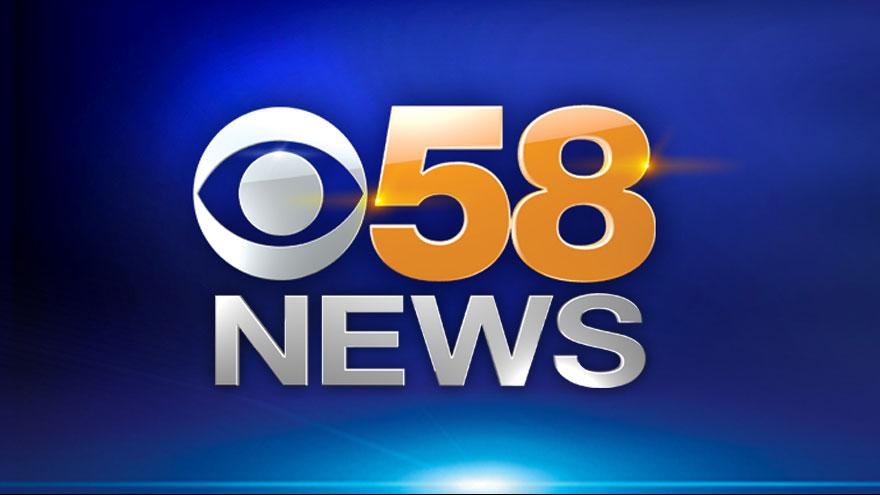Wisconsin Supreme Court upholds Act 10, Voter ID, Domestic Partnership Registry
Posted: Jul 31, 2014 10:49 AM CDT | Updated: Nov 5, 2014 3:21 PM CDT

(CNN) -- Republican Gov. Scott Walker scored a big victory Thursday after the Wisconsin Supreme Court upheld the collective bargaining rights law that angered public employees but rocketed Walker into national GOP fame.
The court also ruled in favor of the state's voter ID law, which the governor signed in 2011 and requires voters to present a photo ID.
Collective bargaining rights
Known as Act 10, the public union law limits bargaining rights to issues only involving base wages, bans some government employers from automatically taking union fees from employee paychecks, and requires yearly recertification standards, among other rules.
Opponents argued the law violates their constitutional rights, but the state Supreme Court ruled in a 5-2 decision that the critics' argument is \"without merit\" and \"unconvincing.\"
\"Collective bargaining remains a creation of legislative grace and not constitutional obligation,\" Justice Michael Gableman wrote in the lead opinion issued Thursday.
The decision comes as Walker, a potential presidential contender, fights to keep his seat in this year's gubernatorial election against Democratic challenger Mary Burke. Two polls released in the past two weeks indicate that the two candidates are statistically tied.
\"Act 10 has saved Wisconsin taxpayers more than $3 billion,\" Walker said in a written statement. \"Today's ruling is a victory for those hard-working taxpayers.\"
As the law made its way through the legislature and to the governor's desk in 2011, Walker faced weeks of protests and swarms of demonstrators, which brought the national spotlight to Madison.
His opposition mounted a recall campaign, which Walker successfully overcame in 2012. He was the first governor to survive a recall election.
Domestic Partership Registry
With a unanimous decision, the court upheld a 2009 law that allows some benefits to same-sex couples in a domestic partnership.
Voter ID law
In 2011, Wisconsin joined a growing number of states that passed laws requiring voters to present photo identification. In Wisconsin's case, the law says that voters can choose from one of nine forms of government-approved photo IDs.
A federal judge issued an injunction blocking enforcement of the law in April, saying it violated the Voting Rights Act. A state judge had earlier tossed out the law on similar legal grounds.
Critics say the law, known as Act 23, disproportionately affects minorities, many of whom don't have government forms of identification.
But proponents of the law say it's meant to prevent voter fraud and impersonation.
The state Supreme Court sided with the proponents, saying opponents \"failed to prove Act 23 unconstitutional beyond a reasonable doubt\" and that presenting a photo ID is not an \"undue burden on the right to vote.\"
In his written statement, Walker said the law \"is a common sense reform that protects the integrity of our elections.\"
The Advancement Project, a civil rights group fighting against voter ID laws, called the decision \"a substantial blow against maintaining equity in our political process.\"
\"As the leading democracy in the world, our state governments should work to keep our voting system free, fair, and accessible to all Americans,\" said Penda D. Hair, the group's co-director.
CNN Supreme Court Producer William Mears contributed to this report.
